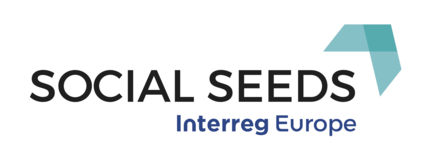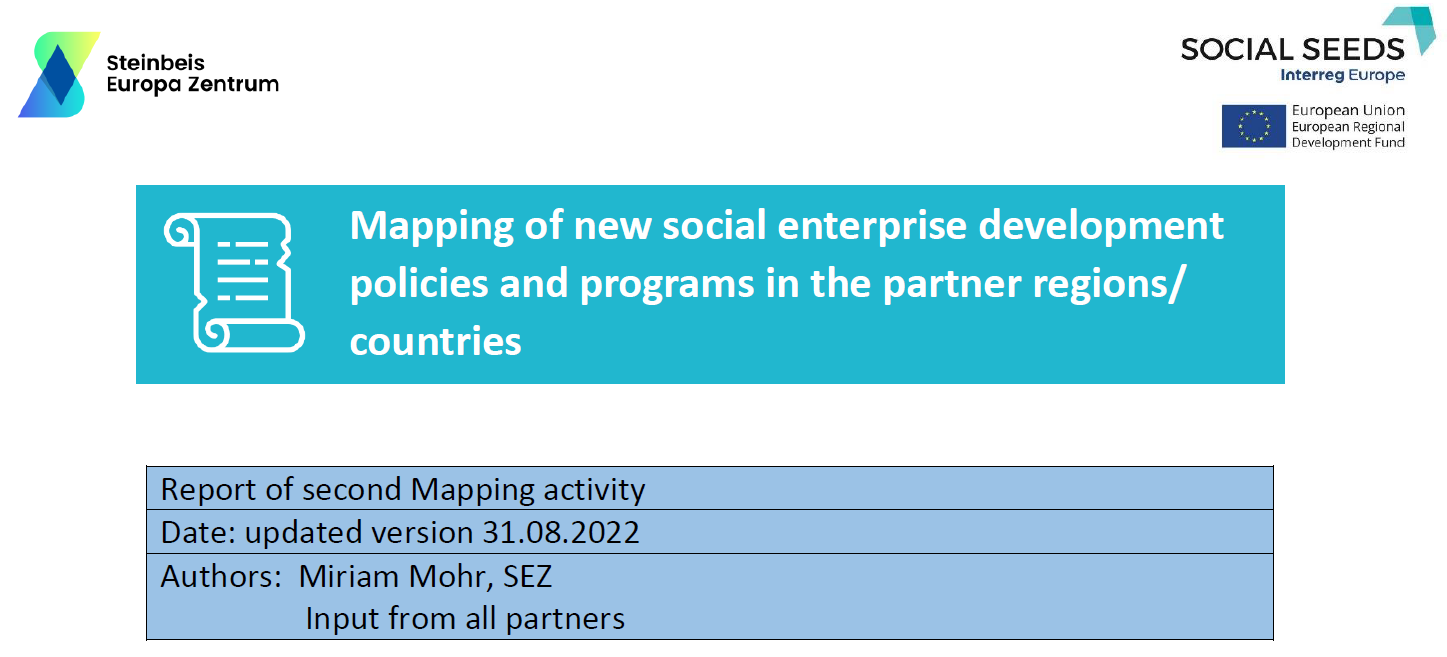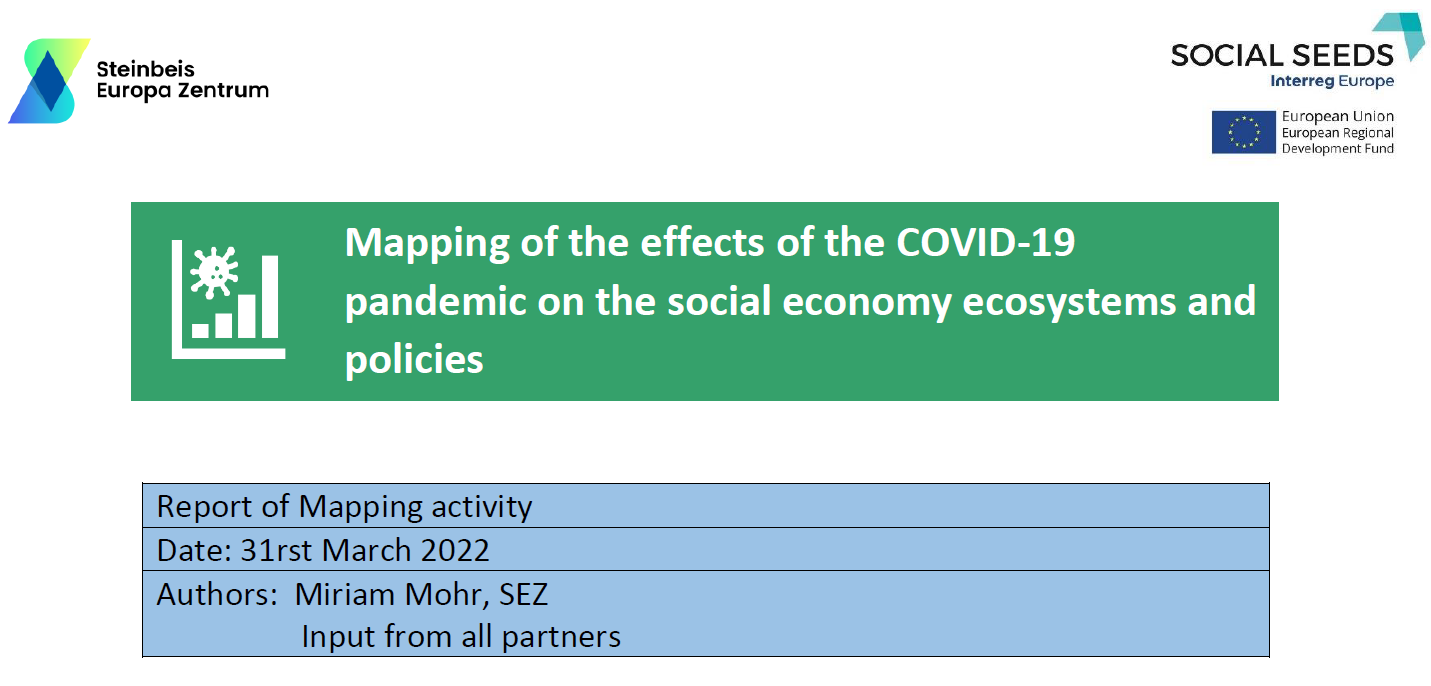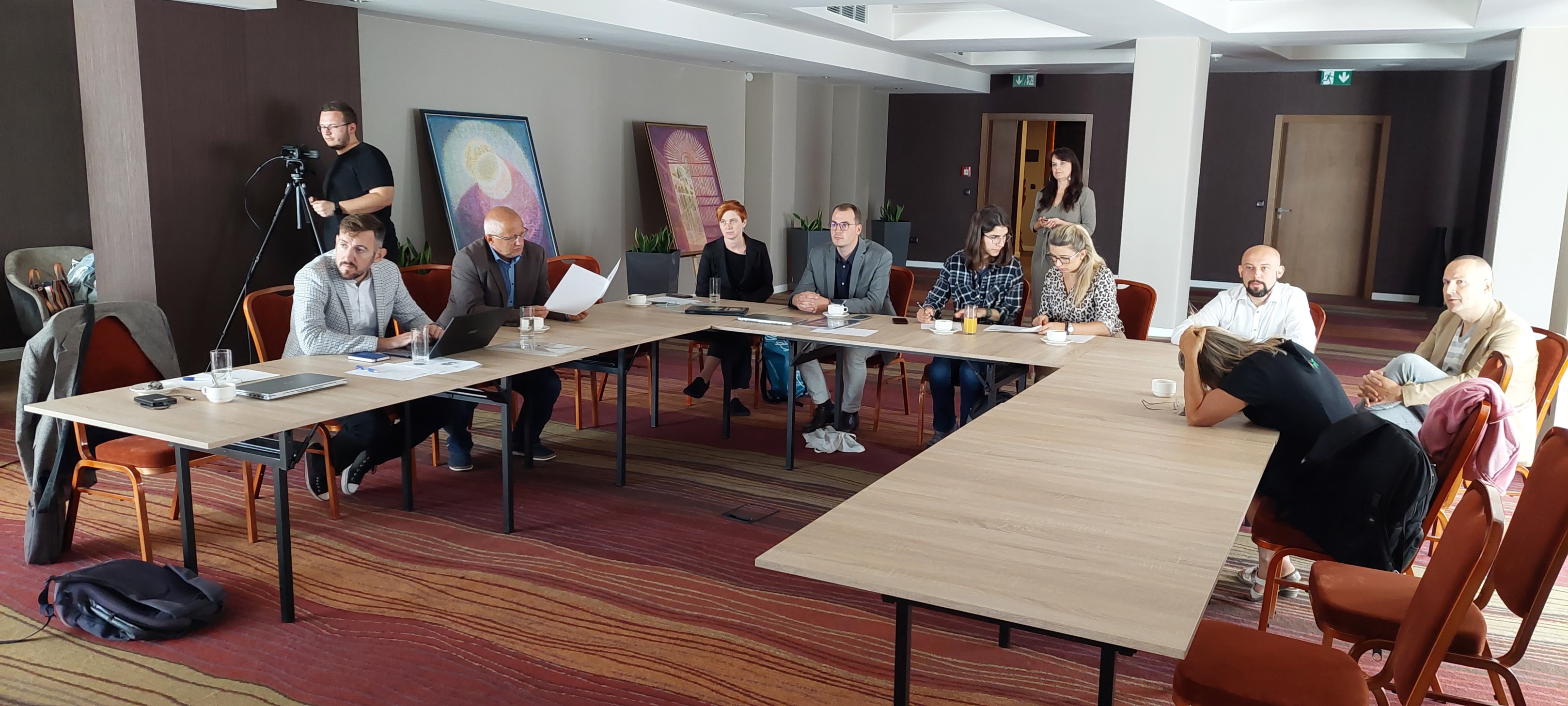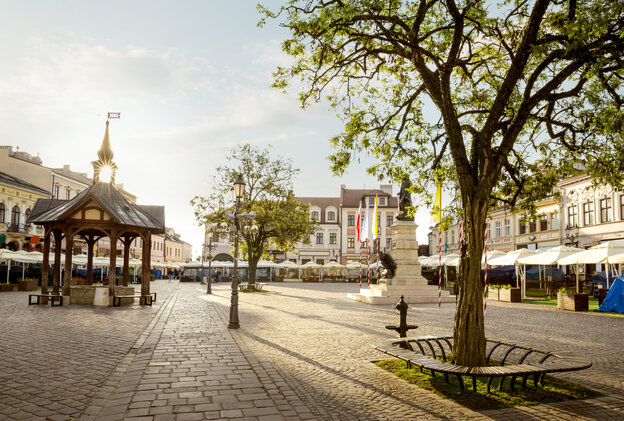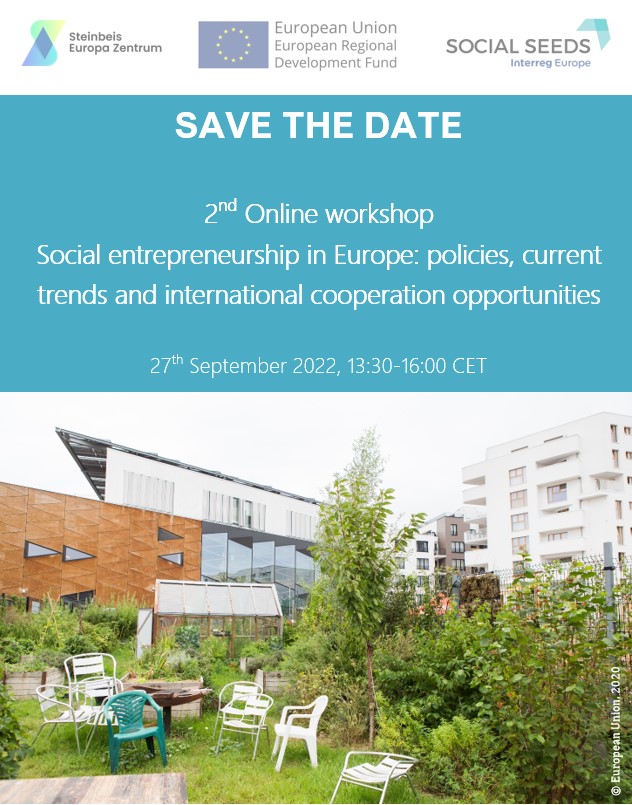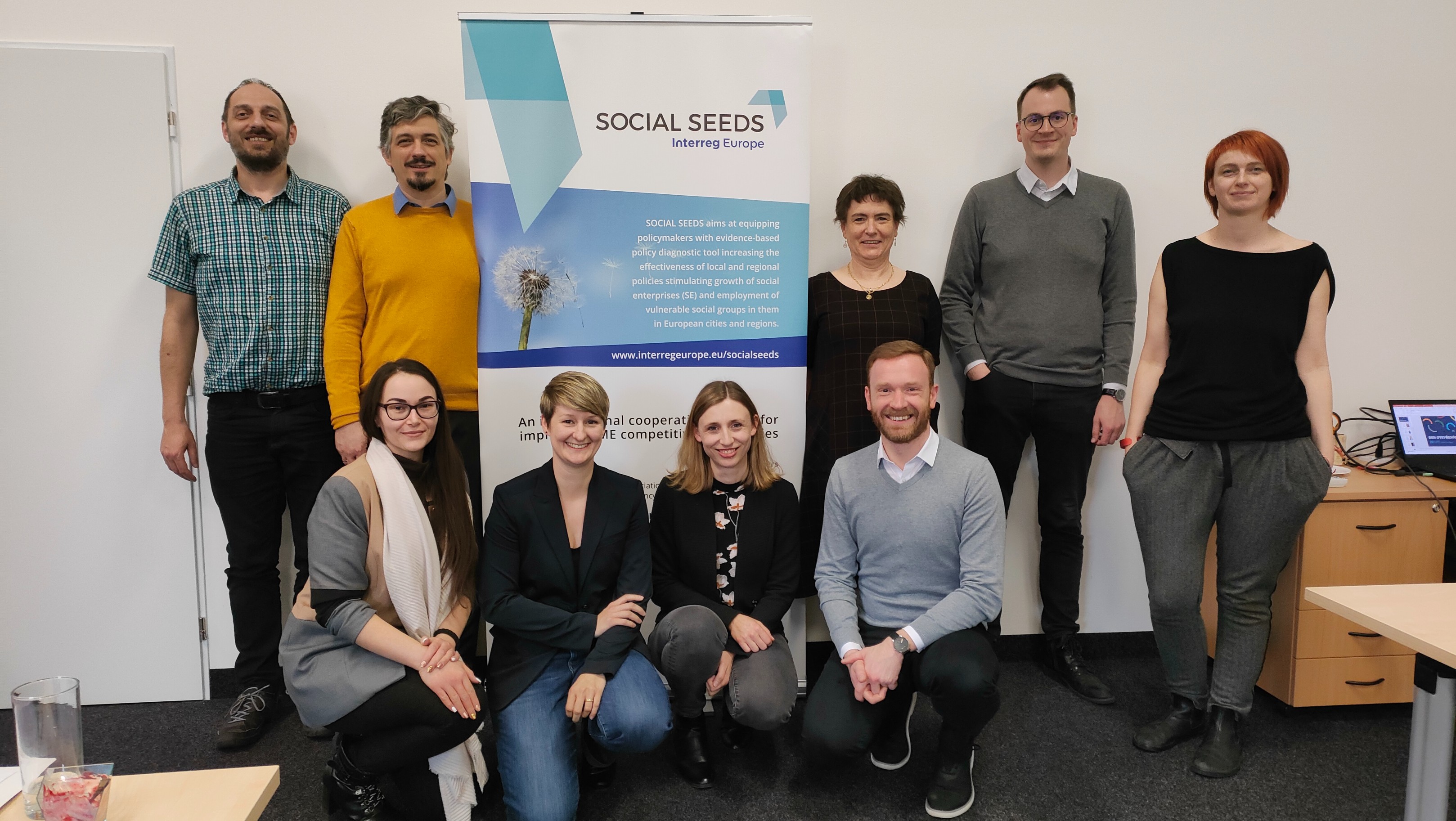Results of mapping activities in the extension period of Social SEEDS – Part II
The second mapping exercise implemented by the partners in the framework of the Social SEEDS project extension focused on the description of the developments in the social enterprise ecosystems and policy environments including the identification of new social enterprise development policies and programs in the partner countries. Just like in the case of the first mapping round, the results of and the experiences of the second mapping exercise had been disseminated widely and discussed on local and transnational levels.
In the frameworks of the second mapping exercise partners observed some developments regarding the social economy sector in general. Whilst new policies or programs supporting social entrepreneurs did not necessarily appeared in all countries, the ecosystems have seen positive trends.
As also stated in the European Action Plan for the Social Economy, the sector is very diverse in Europe, with different framework conditions. The majority of the analysed countries and regions have not developed a legal framework, definition or legal form for social enterprises yet. However, new legislations or strategies are currently under development in the Czech Republic, Germany and Poland.
Despite programmes supplying funding for social enterprises being implemented in all partner countries, access to finance for social enterprises remained the main challenge reported from everywhere. Most countries have provided public funding for social enterprises (e.g. through national or European funds), however at the point of the mapping, the continuity of these funds was not ensured in all regions. Overall, social enterprises benefit more from funding that has been designed specifically to their needs and circumstances than from more general funding programs. Access to funding programs designed to support conventional start-ups or SMEs have shown to be less accessible to social enterprises in all partner countries.
Regarding private finance, there have been some new loan programs for social enterprises e.g. in Hungary, however impact investment remains difficult to attain in all analysed countries.
The trend of specialized and local support being the most effective also goes for business support structures: social enterprises generally benefit more from local contact points and specialised support to the social economy sector than from offers designed for conventional SMEs or start-ups. In most of the analysed regions, such local contact points for supporting Social Enterprises have emerged or their number has increased in the last years.
Access to market is an area where we have seen the most effective policies and developments in all countries. Public procurement regulations have been adapted in favour of social enterprises in Hungary and the Czech Republic, with an online marketplace for procurement in Hungary and the so-called “Purchasing Mechanism” in Poland being examples of successful support to social enterprises through public procurement.
All in all, it can be concluded that many challenges in social enterprise support remain, particularly in relation to access to finance and legal frameworks. However, social innovation and social entrepreneurship are topics that has gained some momentum in all countries. Mapping also revealed that specialized and local support for social enterprises have proven to be beneficial to regional social enterprise development.
Regarding new policies for social enterprise development partners fount that European funds continue to play an important role to support social enterprises in all countries and since local support to the sector remains crucial, the implementation of the European Action Plan for the Social Economy will hopefully take shape on a regional level.
